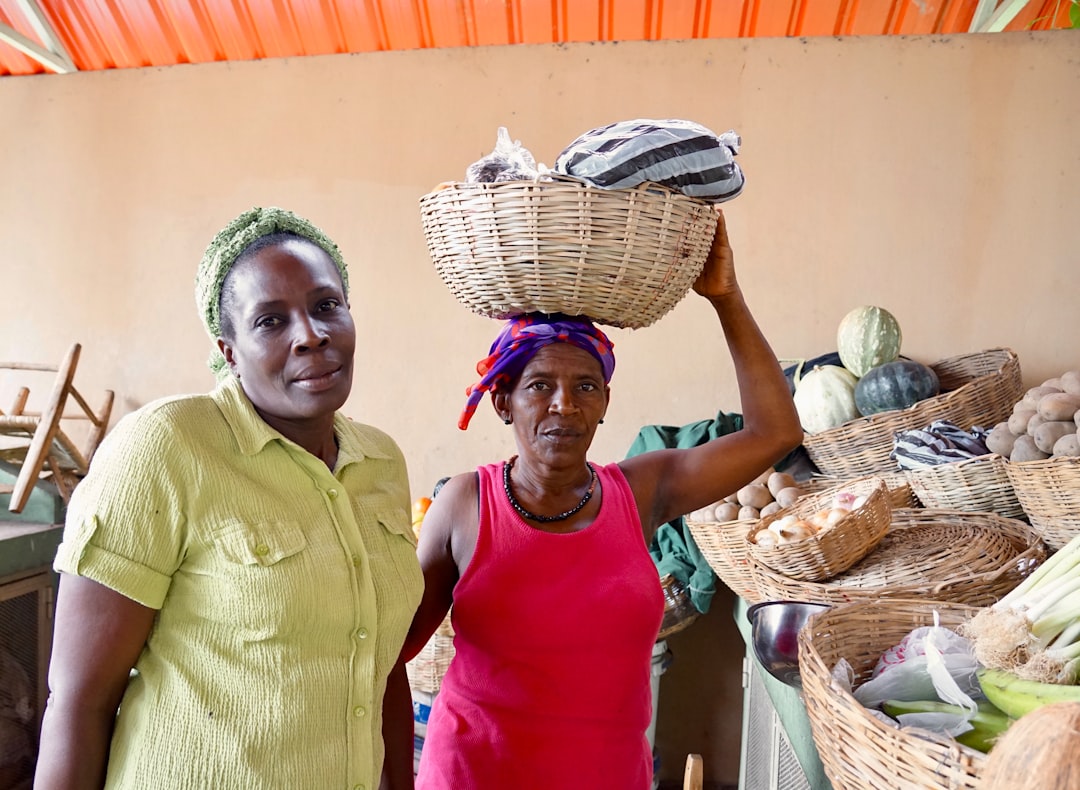No products in the cart.
New Financial Initiatives Boost Women Entrepreneurs in Housing and Agriculture
New financial initiatives are empowering women in affordable housing and agriculture, addressing significant challenges and fostering entrepreneurial spirit.
In the heart of a bustling city, a small woman-owned cooperative is changing the landscape of affordable housing. Their story begins not just with bricks and mortar, but with dreams and determination. As these women navigate the complex world of finance, new initiatives are emerging to empower them. This isn’t just about building homes; it’s about building futures.
On September 19, 2025, a significant announcement reshaped the conversation around women entrepreneurship in the fields of affordable housing and agriculture. Financial institutions and government agencies are launching initiatives that promise to provide critical funding and resources aimed specifically at women. These initiatives are more than mere financial aid; they are lifelines.

The challenges faced by women entrepreneurs today are numerous and varied. From gender biases in lending practices to the lack of mentorship opportunities, many women find themselves at a disadvantage. According to the World Bank, women-owned businesses are 30% less likely to receive funding than their male counterparts. This disparity has far-reaching implications, especially in sectors like housing and agriculture, where capital and access to resources are essential.
The new initiatives aim to level this playing field. They include low-interest loans, grants, and training programs designed to equip women with the skills necessary to thrive in these traditionally male-dominated industries. For instance, the “Women in Housing Initiative” launched by a coalition of fintech companies and non-profits is offering tailored loan products that consider the unique challenges women face. Meanwhile, agricultural programs funded by the government are providing women farmers with access to land, tools, and training.
 Business
BusinessRevolutionizing Business: ERP Systems in the UAE
Discover how ERP systems are revolutionizing business operations in the UAE, enhancing efficiency and driving growth.
Read More →According to the World Bank, women-owned businesses are 30% less likely to receive funding than their male counterparts.
But what does this mean in practical terms? Consider the story of Maria, a single mother from a rural town. With the help of a microloan, she was able to purchase land and start her own organic farm. “I never thought I could own my own business,” she shares, her eyes sparkling with pride. “These programs gave me not just the funding, but also the confidence to pursue my dreams.”
Maria’s journey symbolizes a larger movement. Women like her are not just participating in the economy; they are driving it forward. They are the backbone of communities, fostering resilience and innovation. With the right support, they can transform sectors and create new opportunities for others.
However, the road to empowerment is not without its obstacles. While these financial initiatives represent a significant step forward, there are concerns about their sustainability. Critics argue that without continuous support and a shift in societal attitudes towards women in business, these efforts may only provide temporary relief. As one expert in gender economics points out, “Financial interventions are necessary, but they must be part of a broader strategy that includes policy reform and cultural change.”
This sentiment is echoed by many advocates for women in business. They argue that systemic issues need to be addressed to create an environment where women can thrive. This includes advocating for equal pay, access to childcare, and mentorship opportunities that can guide young women through the complex landscape of entrepreneurship.
 AI
AINavigating the Future: AI’s Role in Aviation Jobs
AI is revolutionizing aviation, enhancing safety and job dynamics. Discover the future of work in the skies.
Read More →Looking ahead, the landscape appears promising. With increasing awareness of the importance of diversity in entrepreneurship, more organizations are recognizing the value women bring to the table. As businesses and governments refine their strategies, there is a growing belief that the future of work can be more inclusive, equitable, and innovative.
What can young professionals and aspiring entrepreneurs do in the meantime? For those looking to make a mark in their careers, engaging with these new initiatives is crucial. This means not only applying for funding but also participating in workshops and mentorship programs. It’s about building networks and creating communities of support.
As businesses and governments refine their strategies, there is a growing belief that the future of work can be more inclusive, equitable, and innovative.
Moreover, as we celebrate these initiatives, it’s essential to advocate for continued progress. Whether through social media campaigns, community involvement, or simply sharing stories of successful women entrepreneurs, every voice counts in this movement.
As we stand at this crossroads, it’s clear that the future of affordable housing and agriculture will be shaped by the women leading the charge. With each initiative launched, with each story shared, we’re taking steps towards a more equitable and sustainable future. And as Maria and countless others demonstrate, when women rise, communities thrive.
 Digital Wellness
Digital WellnessThe Digital Dilemma: How Technology is Reshaping Memory
Digital tools are reshaping human memory and cognition. This analysis explores neuroscience findings and implications for our future.
Read More →










